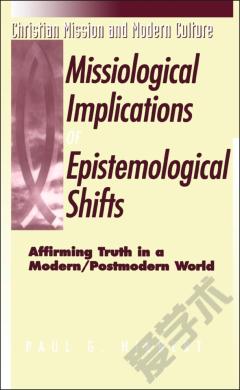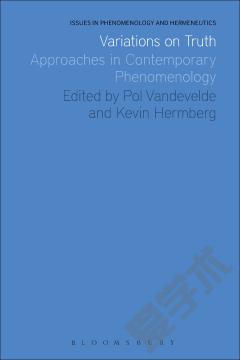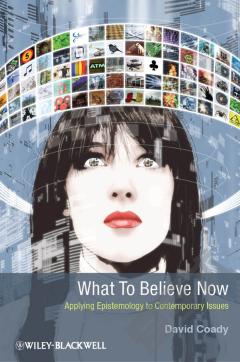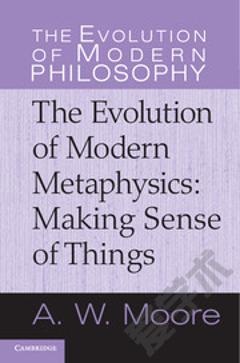The Missiological Implications of Epistemological Shifts —— Affirming Truth in a Modern/Postmodern World
----- 认识论转变的气象学含义:在现代/后现代世界中确认真理
This book explores the question of epistemology, or theory of knowledge, and its impact upon how we view and do missions in today's world.What must a new convert know or believe? How do they know? How can we translate and communicate Christian teachings interculturally without distorting the message? How should we do missions in an anti-colonial, postmodern era characterized by religious relativism and accusations of Christian imperialism?In struggling with these questions, Paul Hiebert focuses on the epistemological foundations that underlay them. He examines three specific theories of knowledge--positivism, instrumentalism/idealism, and critical realism. In the end he sides with the latter because it avoids the arrogance and colonialism implicit in positivism and the relativism of instrumentalism/idealism. Critical realism, Hiebert argues, strikes a kind of middle ground between the emphasis upon objective truth and the subjective nature of human knowledge. It allows for a real world that exists independently from human perceptions and opinions of it, restores emotions and moral judgments as essential parts of knowing, and creates the conditions for knowing persons intimately and as fully human--all of the which have important implications for Christian mission in the modern world.
{{comment.content}}








 京公网安备 11010802027623号
京公网安备 11010802027623号